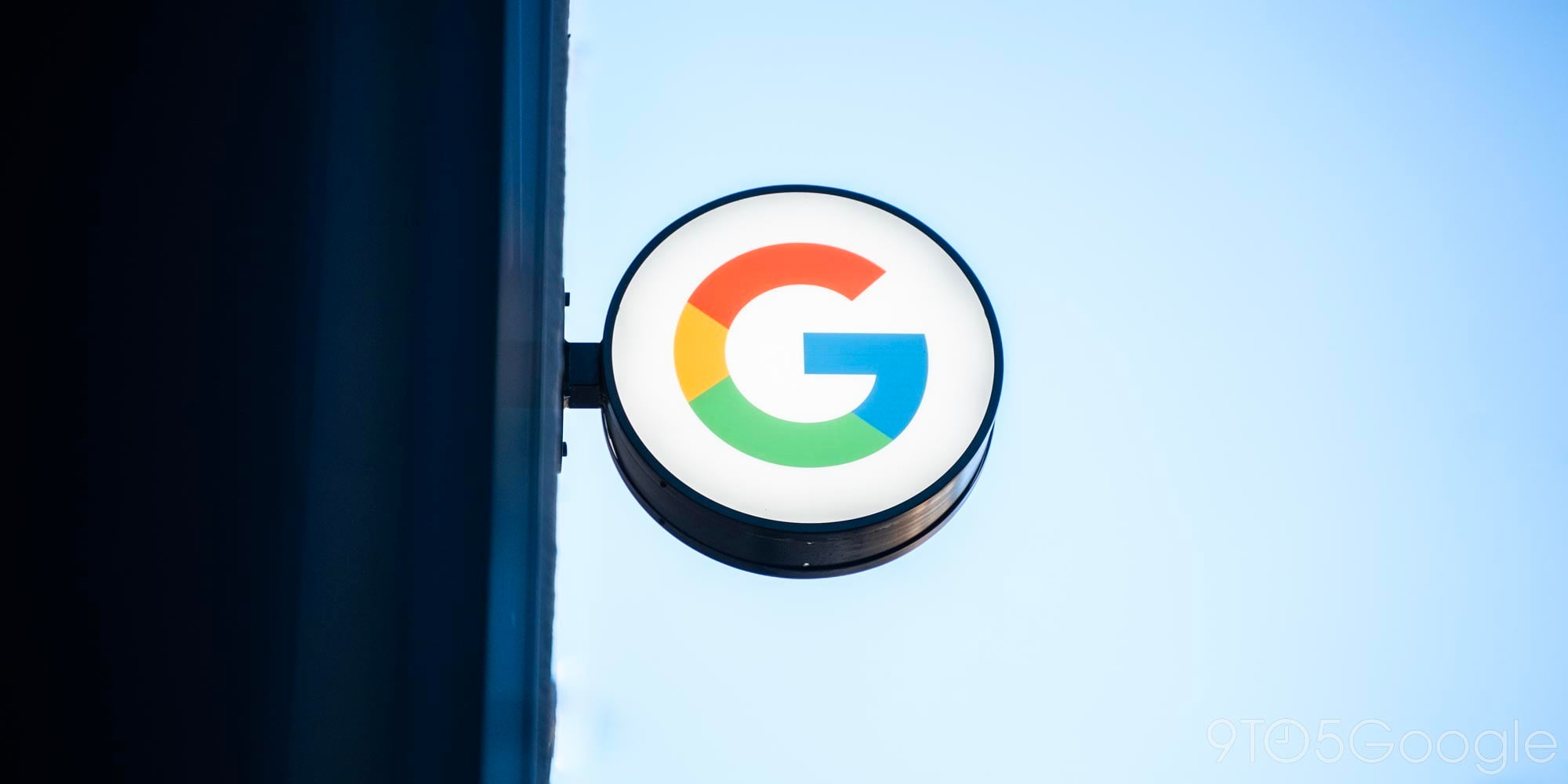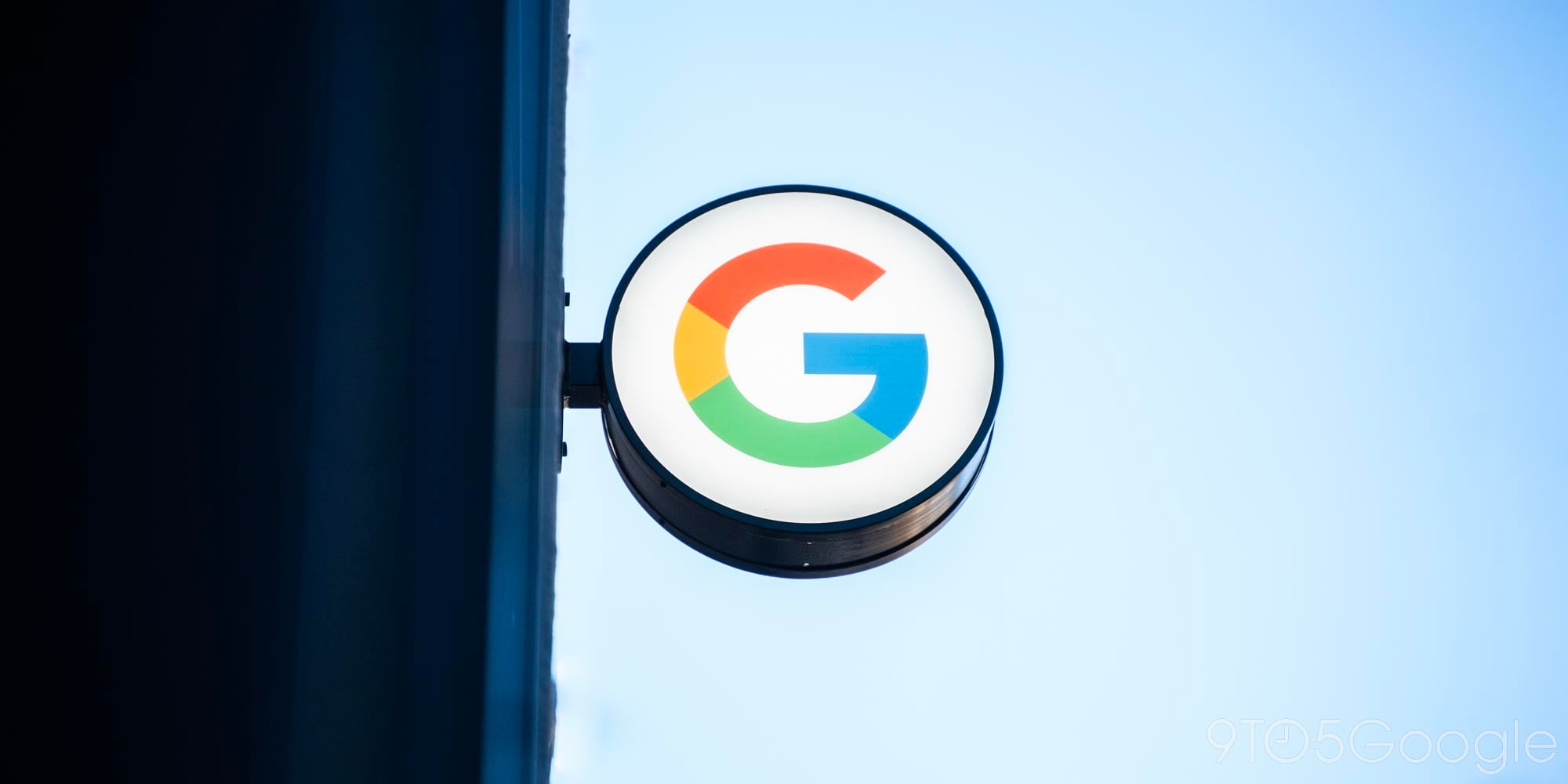Credit rating agency Fitch says Samsung’s market share will fall from 31 to 25 percent


Samsung’s troubles are far from over, says credit rating Fitch, predicting that the company’s share of the smartphone market will fall from 31 percent last year to 25 percent next year, reports the WSJ.
Nitin Soni, a Singapore-based director of corporate ratings at Fitch, warned that Samsung had lost its edge with consumers as Chinese companies like Xiaomi, Lenovo and Huawei make cheaper and cheaper products that meet most consumers’ needs.
He added that innovations like wearable devices and curved screens – two of Samsung’s recent tricks – are “unlikely to change the trend” …









